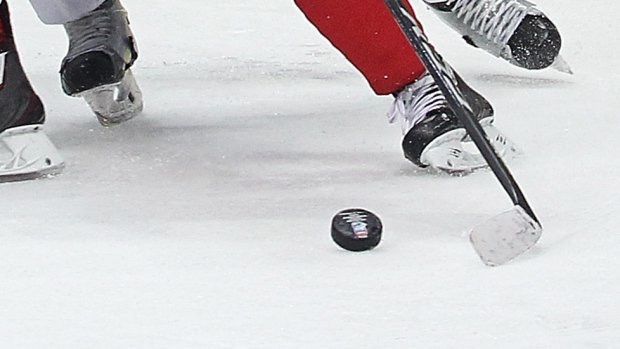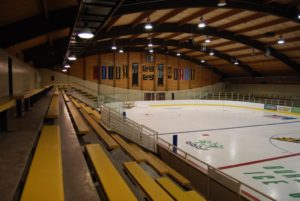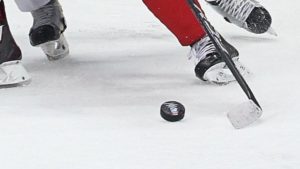31
October
What’s In Your Game?
Posted by Greg Carter

It’s been great to have the NHL back in action on tv, but it was really tricky trying to watch hockey recently when there was such an incredible World Series taking place. While there is little doubt that hockey is way more entertaining than a baseball game, the drama unfolding in this championship series was absolutely epic and made me think about some of my hockey experiences.
Game 5 in particular kept many of us up until the game-winning run was scored in the wee hours of the morning; actually 1:37 a.m. on the East Coast where our hockey school is headquartered! How could anyone fall asleep during a game where three-run deficits were overcome three times? In hockey they say that a two goal lead is the hardest to keep, well in baseball this was just the second time in postseason history that a game featured three separate comebacks by teams down by three runs.
The Dodgers led 4-0 early, and were tied at 4 on a three-run homer by Yuli Gurriel. Then the Dodgers went back ahead, 7-4, on a three-run homer by Cody Bellinger. Houston proceeded to tie the game 7-7 on a three-run homer by Jose Altuve. Then the unthinkable happened when Houston coughed up a 12-9 lead in the ninth to force extra innings!
The Astros went on to a 13-12 victory in this five-hour, 17-minute thriller when Alex Bregman singled in Derek Fisher in the bottom of the 10th inning. Al Michaels’ had the famous line in the 1980 Olympics ‘Do you believe in Miracles’. But during this game, we might just ask, do you believe?
And in your own games, when the game is on the line, do you believe? Do you dig down, think of all the time, energy and training, and confidently know that you can do this? When you are behind by a goal, or two or three, do you start to lose confidence, or do you look around at your teammates and instill the energy and poise needed to mount a comeback.
As a coach when we are behind in games, I’ve seen players look at their opposition and question if they’re outnumbered and too good, or maybe start to think that their goalie can’t be beat. Watching game 5, the Astros were facing Clayton Kershaw, the Dodgers’ ace who was having the best postseason of his life. In fact in 61 regular-season games when Kershaw had six or more runs of support, he won 59 of them. But when it mattered most, Houston found a way to succeed.
A great coach once told me ‘you have to believe that your are good, before you will ever be good.’
When it’s the clutch moment, and the game is on the line, will you be ready? Will you believe that all of your training and preparation has put you and your teammates in a position to win? Will you believe that you can mount the comeback?
The Houston Astros did. The LA Dodgers did.
What’s in your game? Will you believe?




 Get ready to start your journey! With the hockey season behind us and summer training and development on the minds of hockey players everywhere, we invite – and challenge – you to become a better hockey player this summer.
Get ready to start your journey! With the hockey season behind us and summer training and development on the minds of hockey players everywhere, we invite – and challenge – you to become a better hockey player this summer. Subscribe
Subscribe Subscribe
Subscribe




